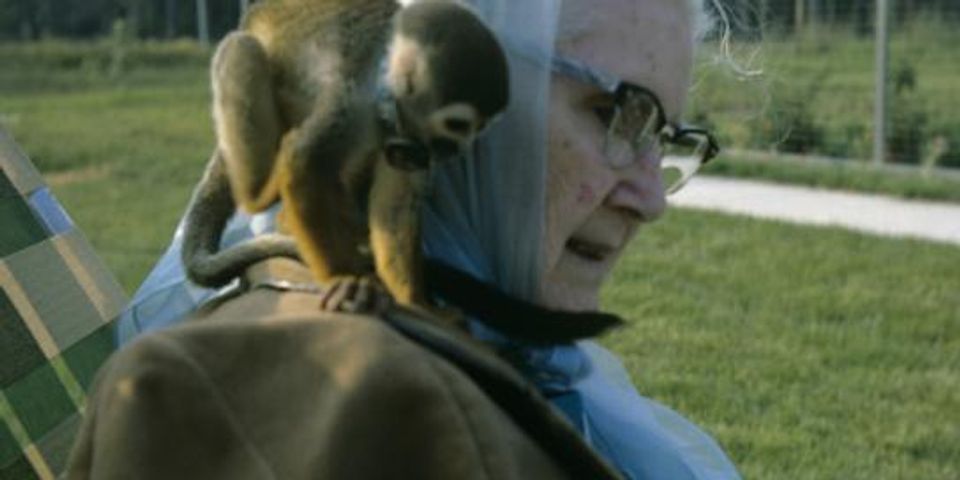Fair Housing Act And Weird Service Animals - Implications for Associations
By HMI

The Fair Housing Act (FHA) prohibits discrimination on the basis of disability, among other things. The FHA regulates every HOA/COA in every state and can get tricky. Violations are serious and result in judgments in the hundreds of thousands of dollars. One would think that as long as the governing documents say so, a board can prohibit excessively loud parrots, large boa constrictors, smelly pigs or ferrets, or even mischievous little Capuchin monkeys. They may be wrong. Dead wrong. These may be weird service animals protected by the FHA.
Some may laugh when they hear that a squirrel may be protected by the Fair Housing Act, I did. In a nut shell, any animal that provides assistance to or accommodates an individual with a disability may be protected by the FHA. This means that a parrot trained to talk a bi-polar man off the ledge by saying, “I’m here, Brian. Calm down, Brian. Take a deep breath, Brian” is likely protected under the Act. In fact, courts have found that ferrets trained to alert owners of the onset of a seizure, pot belly pigs and miniature horses doing what assistance dogs used to do, and even Capuchin monkeys trained to get the mail and a glass of water are protected under the Act. All of these animals may be considered “service animals.” The Act goes on to protect not only service animals but “emotional support animals.” This class of animals is even broader. It can cover those that are depressed who need to come home to their iguana or platypus. As crazy as it sounds, the FHA is very liberal when it comes to animals, irrespective of how odd the animal is. As long as it is meant to specifically accommodate that person’s particular disability, chances are the animal is immune from HOA/COA demands that it be removed from the property, even when that animal’s presence technically violates the governing documents.
In summary, the protections afforded to the disabled under the Fair Housing Act are very broad. This means that an HOA may not require an animal’s removal from a home or unit even if the animal violates the CC&Rs–no matter how odd or unique the animal.
(There are some exceptions, but those exceptions are few and far between. You should consult with a competent attorney if you have any questions about your particular facts and circumstances).
Original article posted by: HOA Institute September 16th, 2014 HOA Board of Director Resources, HOA Homeowner Rights
About the Business
Have a question? Ask the experts!
Send your question

